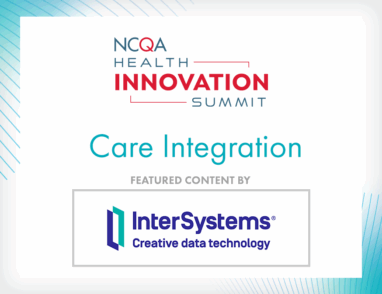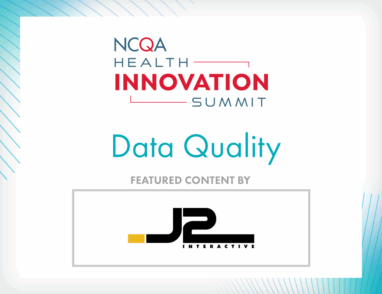What CMS’s New Interoperability Rules Mean for Quality
January 25, 2024 · Andy Reynolds
We’ve announced that we heartily agree with new rules CMS released last week to advance nationwide data interoperability.
The rules:
- Mandate specific APIs for health data exchange.
- Lay the foundation to streamline prior authorizations for patients and providers.
Here are other things NCQA staff are saying about the rules:
- This is what we hoped for. The final rules closely match what we recommended in March 2023, when NCQA commented on proposed rules.
Bottom Line: We’re encouraged to see the direction the rules are nudging the industry. - CMS is doubling down on FHIR. The rule reinforces that CMS wants the industry to adopt FHIR as the method for health care data exchange—something we’ve written about many times.
Bottom Line: It never hurts to be reassured that federal officials remain convinced adopting FHIR is key to better, faster quality measurement. - Two timeframes apply.
- Prior authorization: By January 1, 2026, payers must update their policies and procedures to make faster claims decisions than are typical today. Payers must also disclose more of the rationale for denying claims.
- APIs: By January 1, 2027, payers must implement CMS-required APIs to support more electronic exchange of health data.
Bottom Line: Remember—and don’t miss—these deadlines!
- No more waiting—it’s “go” time. Many people inside and outside of NCQA have been waiting for the clarity these rules provide. The relevant deadlines aren’t that far away.
Bottom Line: These rules will accelerate change, both inside and outside NCQA. - A lot’s going to change, especially for UM. Prior Authorization falls under Utilization Management (UM) standards in NCQA programs. The new rules mean we’ll need to update our UM requirements.
Bottom Line: Look for UM changes in programs like Utilization Management Accreditation and Health Plan Accreditation. - Expect a new era of data-sharing between payers and providers. The new API rules mean:
- Providers can let payers access clinical data. That helps payers understand what’s happening at the point of care.
- Payers can let providers access longitudinal care history through adjudicated claims data. That helps providers know their patients better, especially new patients.
Bottom Line: Now payers and providers have data each other want and an interoperable way to share data.
- This points the way to TEFCA. The new CMS rules are a green light for data exchange. The Trusted Exchange Framework and Common Agreement is an excellent way to make exchange happen.
Bottom Line: No need to build multiple, point-to-point data connections. Scaling data exchange with TEFCA is smarter, easier, faster.
- Communities and coalitions are made for this moment. The new rules bring clarity that will help more organizations move toward digital measurement. We’ve joined or set up groups that can help people take those next steps.
- Digital Quality Implementer Community. Curious about Clinical Quality Language (CQL) engines that enable digital quality measurement? Consider being part of this group.
- Bulk FHIR Data Quality Coalition. If you’re a payer organization or ACO and have Bulk FHIR clinical data you’d like to use to calculate HEDIS results, this is the group for you.
NCQA Chief Growth Officer Brad Ryan explained those 3 groups at our December 2023 webinar on Advancing Digital Quality Transformation. (Skip to 28:00-32:00 and 42:43-43:35.)
Bottom Line: You don’t have to figure this out on your own. There’s a community for that.
Your Next Move
We suggest everyone who cares about the future of quality measurement:
- Read the final rule.
- Consider joining the Digital Quality Implementer Community or the Bulk FHIR Data Quality Coalition.
- Contact us through My NCQA for answers to your questions about how and changes to prior authorization and related regs will affect NCQA programs.







